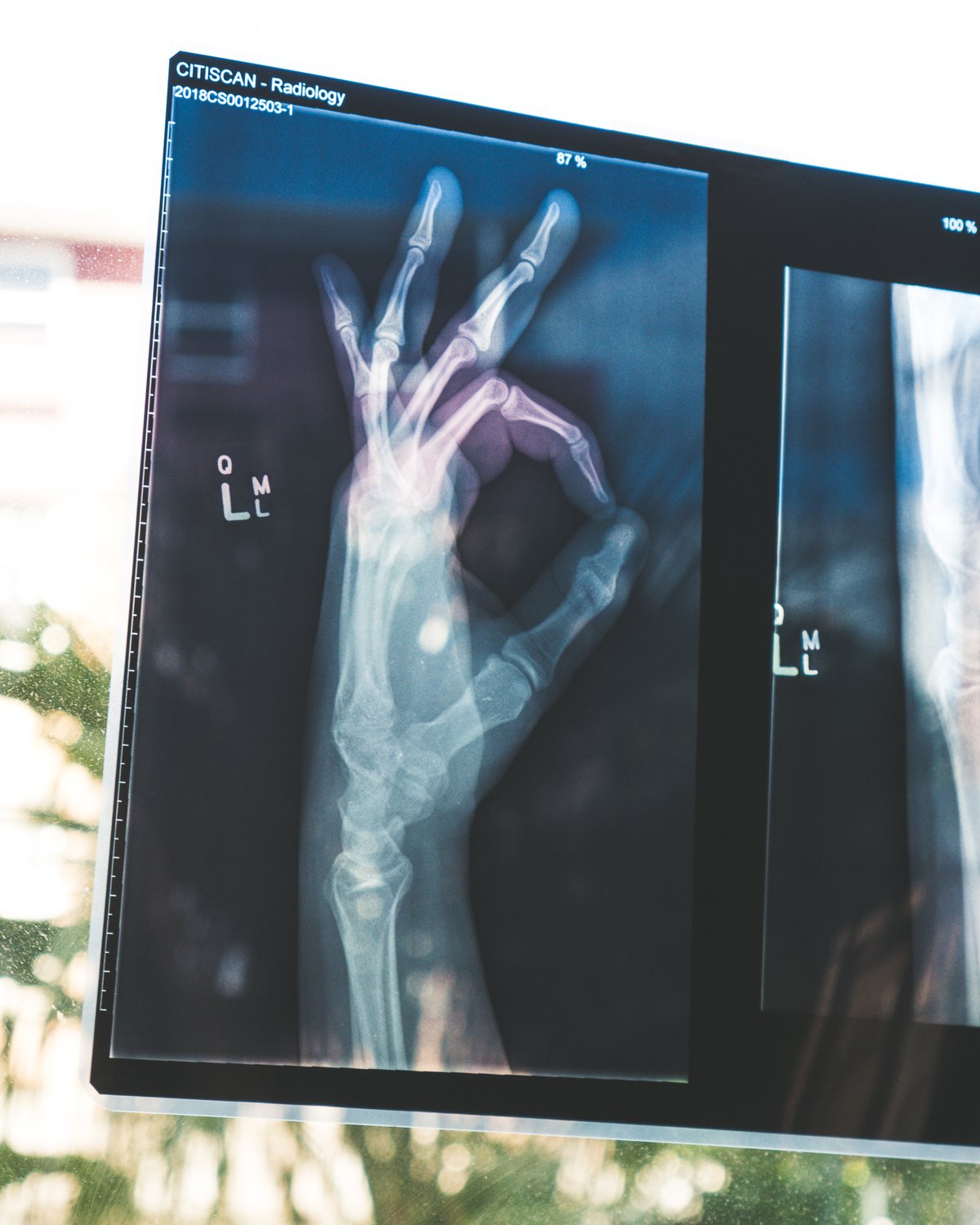Vitamin K1 or Vitamin K2? What's the difference

Do you know that your body needs vitamin D every day for strong, healthy bones? But did you know that your bones also need vitamin K? And that he usually requires an additional vitamin K supplement?
Vitamin K is known for playing an essential role in blood clotting. Recent research has focused on the effect of vitamin K on diseases such as heart disease, diabetes and osteoporosis.
How does vitamin K help your bones?
There is scientific evidence for the association between vitamin K and bone density. Vitamin K activates numerous proteins that are involved in bone formation and in mineralization, a process that makes the bones stronger.
Vitamin K is found mainly in two forms, K1 and K2. Vitamin K1 is primarily found in green, leafy and cruciferous vegetables. Vitamin K2 is found in certain dairy products, pork, poultry and fermented foods. Vitamin K2 may have a more significant protective effect on bones than vitamin K1.
Vitamin K deficiency and low bone density
Several studies have found that insufficient vitamin K intake is associated with low bone density and an increased risk of fractures. One study that analyzed data from the Nurses' Health Study found that women who had less than 109 micrograms of vitamin K per day were more likely to break their hips.
The Framingham Study in men and women also showed a correlation between low vitamin K intake and an increased risk of hip fractures. This study also demonstrated a connection between low bone density in women's intake and low vitamin K consumption.
Vitamin K1 vs vitamin K2
Vitamin K is a group of fat-soluble vitamins that have in common some similar chemical structures. There are various types of vitamin K, but the two most found in the human diet are vitamin K1 and vitamin K2.
Vitamin K1, also called phylloquinone, is mainly present in plant foods such as green leafy vegetables. It makes up for around 75% of all vitamin K consumed by humans. Vitamin K2 is present in fermented foods and animal products and is also produced by gut bacteria.
The primary function of all types of vitamin K is to activate proteins that play essential roles in heart health, blood clotting, and bone health. However, due to differences in absorption and transport in tissues throughout the body, vitamins K1 and K2 could have very different health effects.
One study evaluated that less than 10% of the vitamin K1 found in plants is absorbed. Regarding the absorption of vitamin K2, experts believe that because it is often found in foods containing fat, it may be better absorbed than vitamin K1.
This happens because vitamin K is a fat-soluble vitamin. Fat-soluble vitamins are absorbed much better when consumed with dietary fat. In addition, the long side chain of vitamin K2 allows it to circulate in the blood longer than K1.
While vitamin K1 can remain in the blood for a few hours, some forms of K2 can stay in the blood for several days. Some researchers believe that vitamin K2's longer circulation time allows it to be better used in tissues throughout the body.
For this reason, in the Complete D3, K2 & Magnesium nutritional supplement, we have chosen the form of vitamin K2. In addition to better absorption, it is a cofactor together with magnesium for the activation of vitamin D3 in the body.



